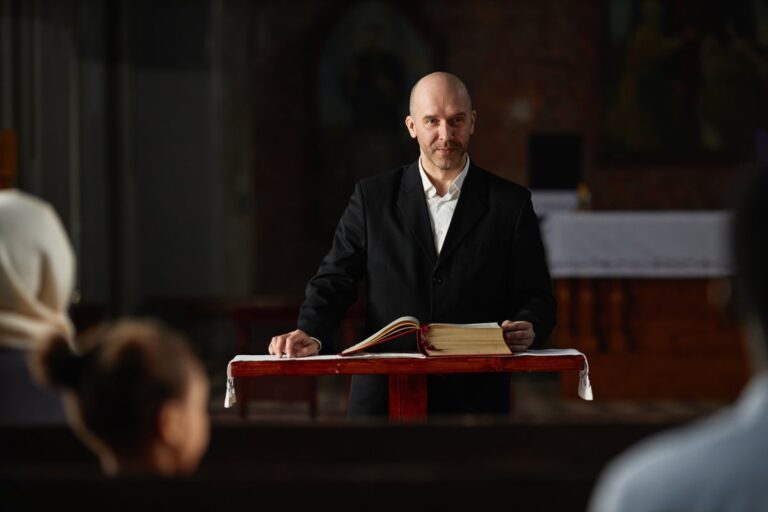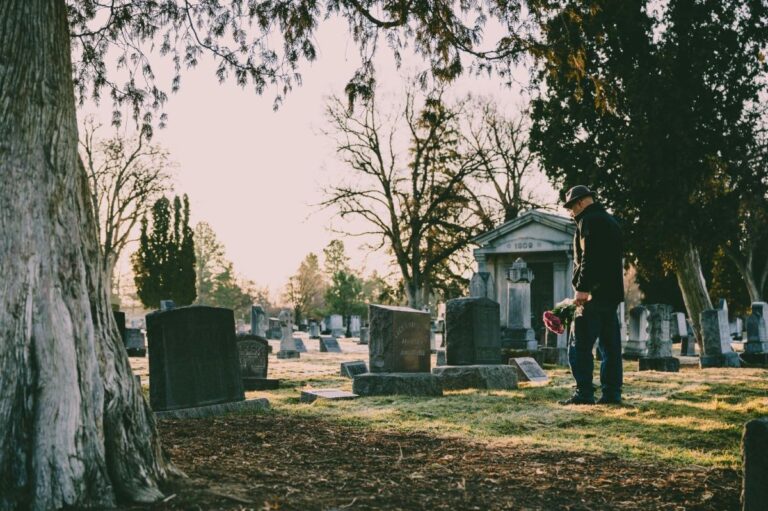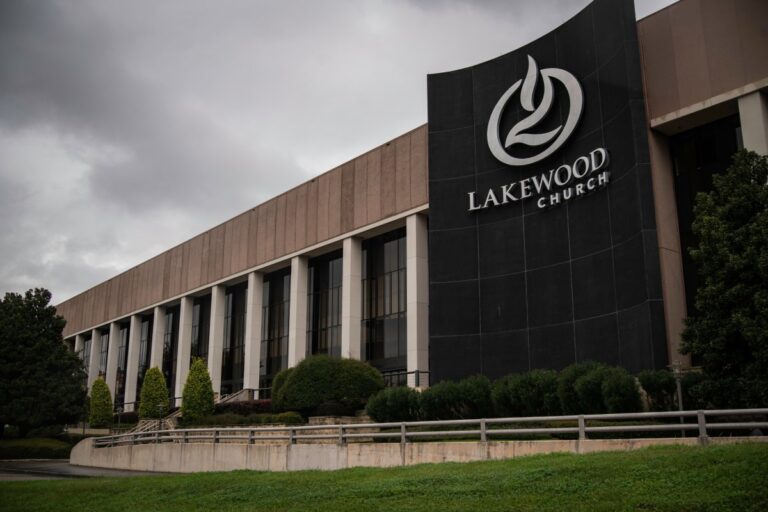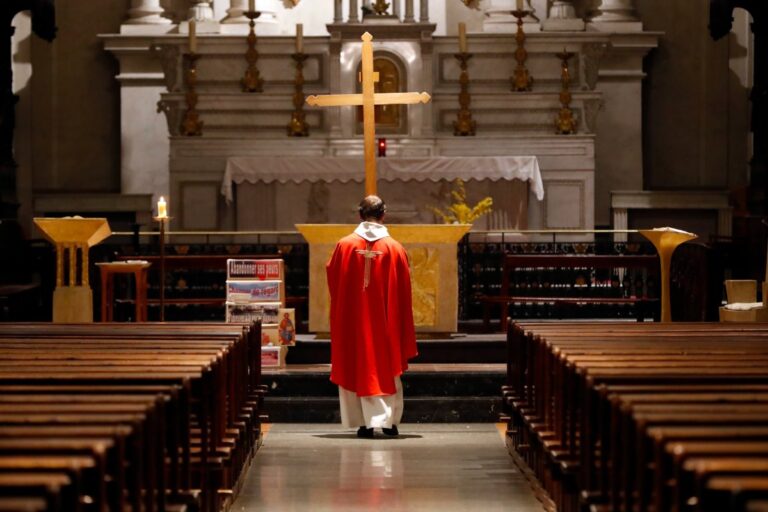Keeping the Custom, Losing the Faith: Why Some Rituals Never Die
Ever wondered why we still cling to religious customs, even when the faith behind them has faded? It’s like we’re going through the motions without the meaning. So, why do we keep doing it? Let’s break down some of the most common religious customs that have stuck around, even as the belief has slipped away.
Weddings: Traditions Without the Faith

Think about weddings. The white dress, the vows, the rings—it all feels very traditional. But how many couples today really see these as religious acts? For many, it’s more about the celebration than the ceremony’s original meaning.
Christmas: A Secular Holiday?

Christmas is a big one. We still put up trees, exchange gifts, and sing carols. But is it really about the birth of Jesus anymore? For a lot of people, it’s more about Santa than the Savior.
Easter: Chocolate Over Resurrection

Easter used to be all about resurrection. Now? It’s more about chocolate eggs and bunnies. The religious meaning has taken a backseat, but the customs live on.
Funerals: Rituals for Comfort

Funerals are still full of religious rituals—prayers, hymns, blessings. But even those who aren’t religious often stick with these traditions. Why? Maybe because it’s comforting, or maybe because it’s just what’s done.
Sunday Roast: The Last Tradition Standing?

Remember when Sunday was for church? These days, it’s more about the roast dinner. We’ve dropped the religious part, but kept the meal—a way to gather the family without the service.
Saying “Bless You”: Reflex or Belief?

Every time someone sneezes, we say “Bless you.” But does anyone stop to think why? It’s a leftover from a time when sneezing was thought to expel evil spirits. Now, it’s just something we say.
The Nativity Scene: Decoration or Devotion?

Nativity scenes are everywhere at Christmas, even in homes that aren’t religious. It’s a tradition that’s hard to shake, even if the original story isn’t part of the celebration anymore.
Baptisms: A Ritual Without the Religion

Baptisms are meant to welcome someone into the faith, but many people still hold them even if they aren’t practicing believers. It’s more about the ceremony and the celebration than the religious significance.
The Wedding Toast: A Secular Blessing?

The wedding toast is a staple at receptions, but did you know it has roots in religious blessings? Today, it’s more about good wishes and sharing a moment with loved ones, but the ritual lives on, stripped of its original religious context.
Lent: Fasting for Tradition’s Sake

Lent is a time of fasting and reflection in Christianity, but even those who aren’t religious sometimes give something up during this period. It’s become more of a personal challenge or a way to reset than a religious observance.
The Sign of the Cross: Habit or Faith?

Some people still make the sign of the cross before a big event or when they’re nervous, even if they aren’t religious. It’s a reflex, a holdover from a time when it was a meaningful gesture of faith.
Religious Greetings: Words Without Meaning?

Phrases like “God bless you” or “Peace be with you” are still commonly used, but for many, they’ve lost their religious significance. They’re just part of the way we talk, remnants of a time when religion played a bigger role in daily life.
Religious Symbols as Fashion

Crosses, Star of David necklaces, and other religious symbols are often worn as fashion statements, rather than expressions of faith. The symbols have become more about style than spirituality.
Grace Before Meals: A Tradition on the Table

Saying grace before a meal is a religious tradition meant to give thanks, but for many families, it’s just part of the routine. The words are recited out of habit, with little thought to their original meaning.
Keeping Religious Holidays for the Time Off?

How many people look forward to religious holidays like Christmas or Easter, not for their spiritual significance, but for the days off work? The holidays have become more about the break from routine than the religious observance.
Conclusion: The Customs We Can’t Quit

So, why do we keep these customs? Maybe it’s about comfort, maybe it’s about tradition, or maybe we just don’t question them anymore. Whatever the reason, it seems these rituals are here to stay—religion or not.
Millennials Turn the Tide on Climate Beliefs

Millennials have often been labeled as apathetic, but when it comes to climate change, they are leading the charge. How did this generation go from skepticism to becoming fervent advocates for the planet? Millennials Turn the Tide on Climate Beliefs
Forgotten Warriors: 20 Military Units History Erased

Throughout American military history, numerous units have demonstrated extraordinary bravery and made significant sacrifices, yet many have not received the recognition they deserve. This article shines a light on these overlooked groups whose valiant efforts are an integral part of our nation’s heritage. Forgotten Warriors: 20 Military Units History Erased
Why You Shouldn’t Live in a Retirement Community

Think you’re ready to settle into a retirement community? Before making this significant life decision, consider how it might impact your independence, finances, and social life in ways you hadn’t anticipated. Why You Shouldn’t Live in a Retirement Community
Featured Image Credit: Shutterstock / Pixel-Shot.
The content of this article is for informational purposes only and does not constitute or replace professional advice.
The images used are for illustrative purposes only and may not represent the actual people or places mentioned in the article.
For transparency, this content was partly developed with AI assistance and carefully curated by an experienced editor to be informative and ensure accuracy.






